Is a digital piano good for beginners? 7 reasons you should consider going digital for your first piano
Looking to learn the piano? We look into the benefits of going down the digital route
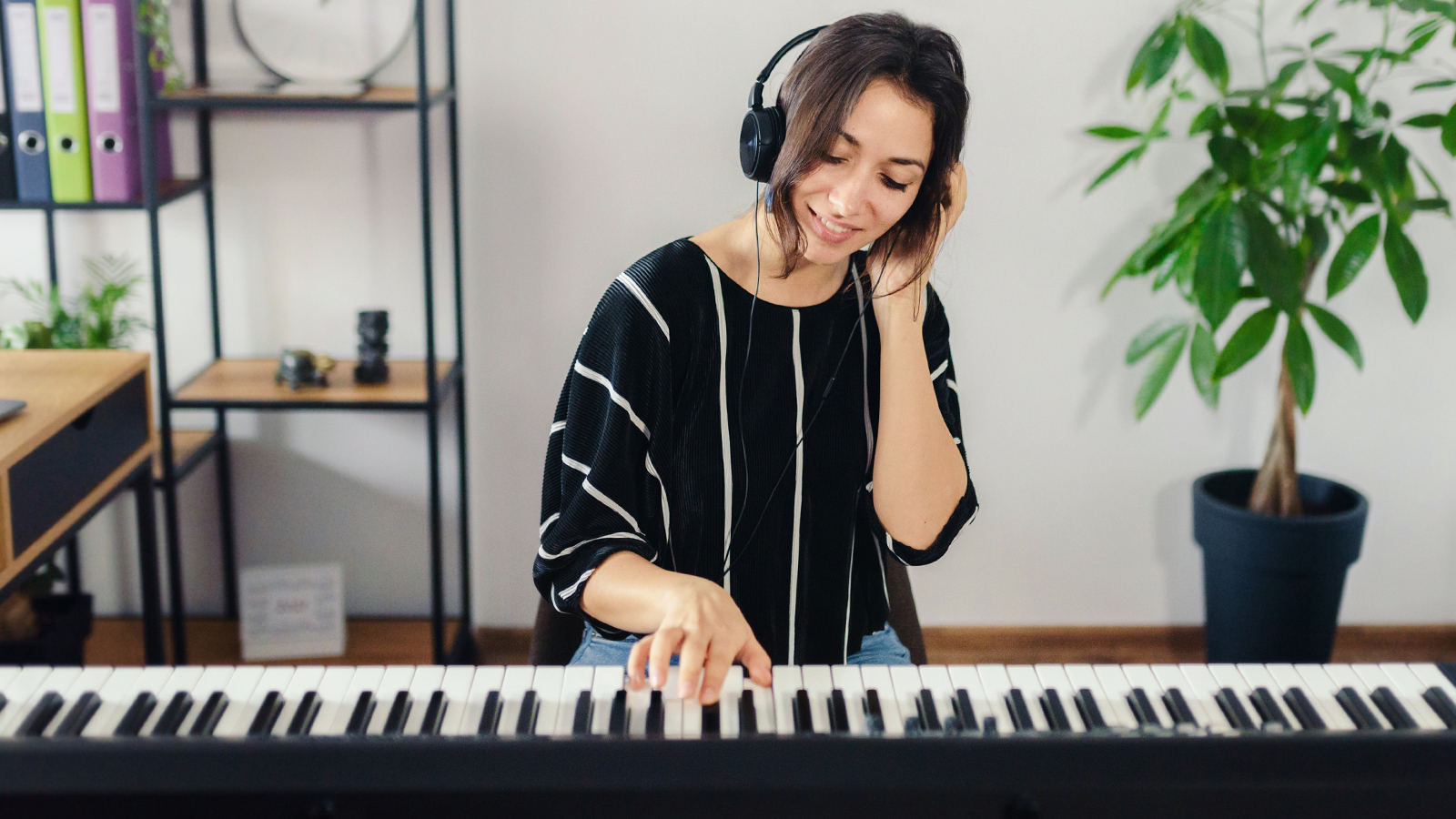
If you've been looking into learning the piano, you'll undoubtedly come across this question; is a digital piano good for beginners? While there are certainly compelling arguments on both sides, we fully believe that going digital is a perfectly valid way to go - in fact, it may be your best option.
Don't get us wrong, we adore acoustic pianos here at MusicRadar. These handcrafted instruments tend to take pride of place in whatever room they're in and deliver a feel and sound that's second to none. However, we're living in an era of unprecedented digital advancements. The truth is, these contemporary instruments bring a world of possibilities to the budding pianist, and they could even make the task of learning the instrument easier!
Today, we're going to delve into the myriad benefits of choosing a beginner digital piano over its acoustic counterpart. We'll provide you with a comprehensive understanding of why digital pianos are a great choice for beginners, and we'll even share a few of our top recommendations to further boost your confidence in this decision.
1. Price
The first and most obvious reason to opt for a digital piano is the price. The market is awash with affordable instruments nowadays - as you can see from our guide to the best digital pianos under $1,000/£1,000 - meaning you can get a quality piano for far less than you might expect.
All the top brands, from Yamaha and Roland to Casio and Kawai, offer budget, beginner-friendly pianos that won't break the bank - making them a brilliant option for newbies who may not wish to invest a lot of money upfront.
2. Space
It shouldn't come as much of a surprise that digital pianos are often smaller in size and take up way less room than traditional acoustic pianos - meaning they're a great option for beginners who have limited space in their homes.
Since these contemporary digital pianos don't need to enclose the bulky mechanisms that allow a conventional piano to produce a sound, they can be shrunken down to a fraction of the size, all while retaining the standard 88 keys.
Want all the hottest music and gear news, reviews, deals, features and more, direct to your inbox? Sign up here.
Digital pianos come in various shapes and sizes with something to fit all styles and spaces. You can find digital alternatives for grand and upright pianos, as well as slimline options and stage pianos, which may look like keyboards but perform like a traditional piano.

3. Portability
As you can imagine, acoustic pianos are rather heavy creatures. Therefore, they aren't exactly portable - unless you're up for hiring a team of movers every time you have a lesson or you want to jam with friends.
On the other hand, digital pianos, and more specifically stage pianos, are specially designed to be as lightweight and mobile as possible. This makes them easy to move from room to room, take to lessons or school, or carry to gigs when you're ready for the big stage.
4. No maintenance
One of the biggest drawbacks of the acoustic piano is the ongoing maintenance costs. These pianos require regular tuning and servicing to ensure they always sound their best.
Luckily, a digital piano doesn't need any upkeep at all - well, you could give it a dust every once in a while. This means it's a far easier instrument to look after, with no hidden costs to think about.
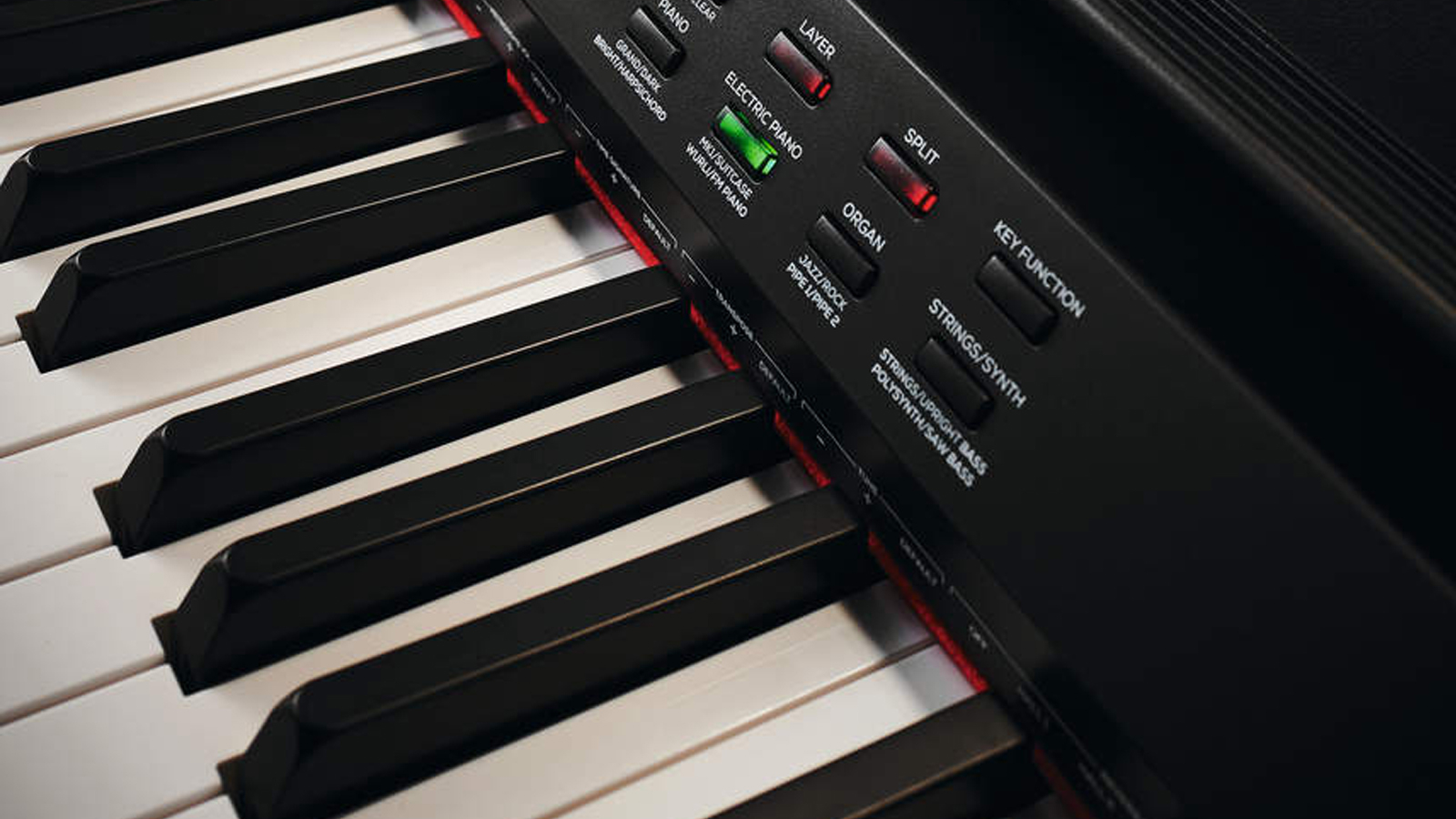
5. Volume
If you've ever played a conventional piano, you'll know how loud they can be - and unfortunately, you can't exactly turn down the volume!
That's why we'd always recommend a digital piano for home practice. Just like a beginner keyboard, these instruments have a designated volume control, and better yet, they also have a headphone jack, allowing the user to practice in silence. This means you'll save your housemates, family and neighbours from hearing you fumble your way through Für Elise yet again.
6. More sounds
If you purchase an acoustic piano you get one sound - acoustic piano. Most of the time that's exactly what you need, but sometimes you'll want to experiment and play with different tones - and even different instruments.
Fortunately, digital pianos come loaded with an array of sounds and voices, such as various pianos, organs, strings, and even synthesizers. This is a great opportunity for players old and new to explore fresh tones and genres - ultimately making the piano more fun and engaging.
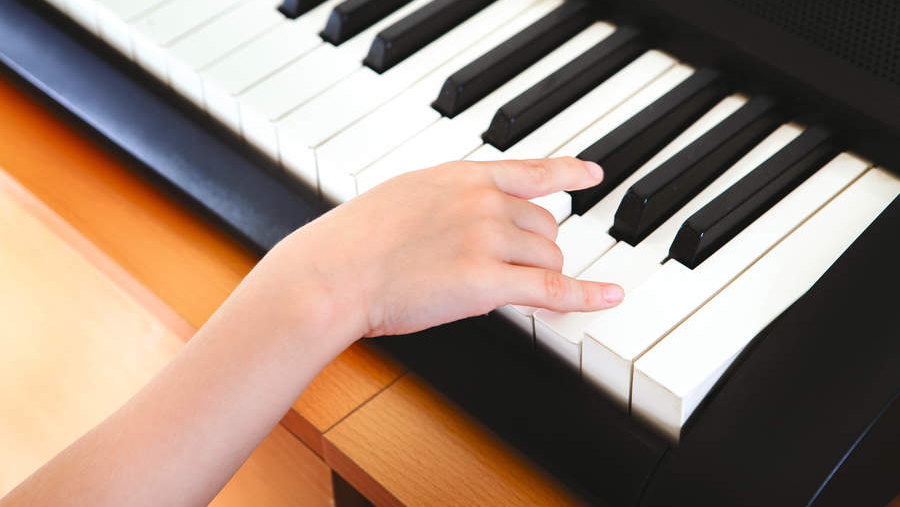
7. Extra features
We can't discuss the topic of digital pianos and not mention the wealth of features they give new players access to. Whether it's the ability to record and playback performances - a great way to track progress - or a built-in metronome, digital pianos are tooled up to aid beginners in developing everything from their chord shapes to timing, rhythm skills and beyond.
Better yet, many digital pianos on the market come with Bluetooth capabilities, meaning they can link up to apps for use with the best online piano lessons or even for streaming audio to play along with your favourite songs.
Our digital piano recommendations
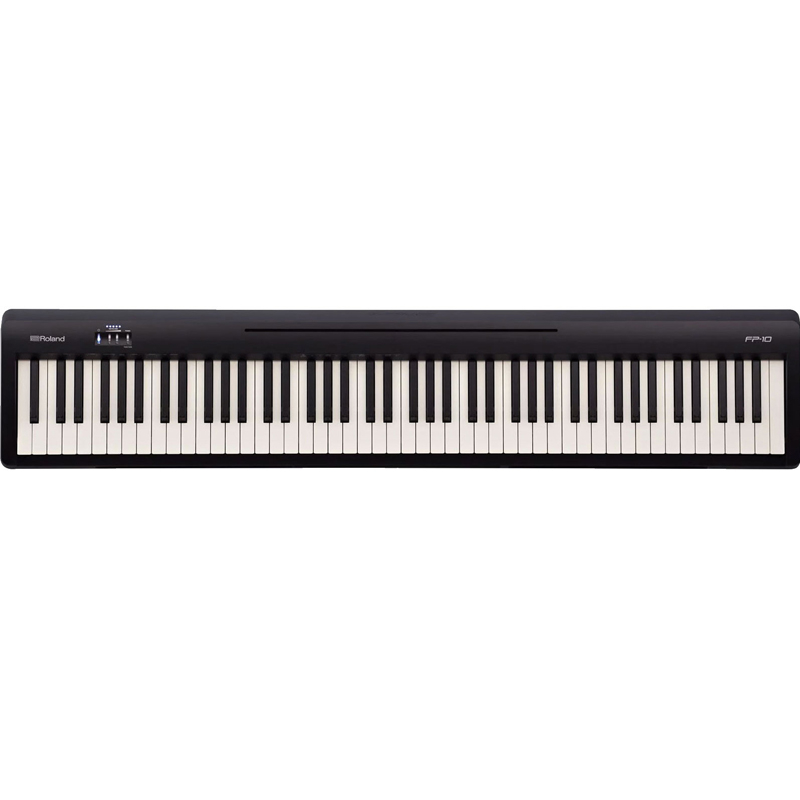
As Roland’s newest entry-level, full-size digital piano, the standout feature on the FP-10 has to be its class-leading PHA-4 keyboard. Beautifully responsive and representing staggering value, it’s exactly the same action found on the pricier FP-30 model.
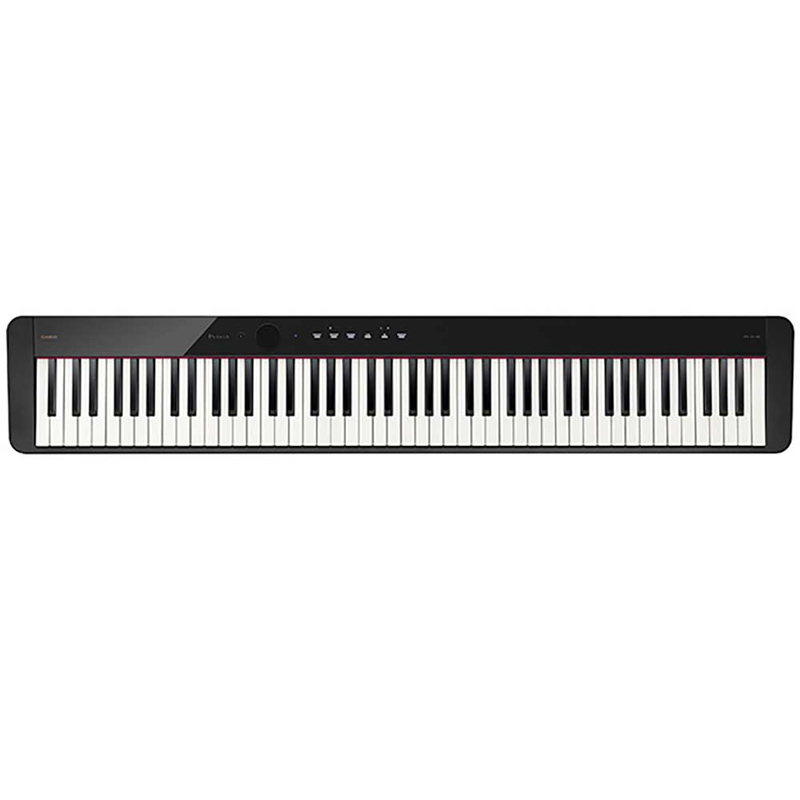
The eagerly awaited upgrade of the S1000, the new PX-S1100 builds on its predecessor by adding the modern features today’s budding pianists demand. This 88-note fully weighted keys piano is perfect for aspiring players looking for an affordable instrument that doesn’t scrimp on quality.
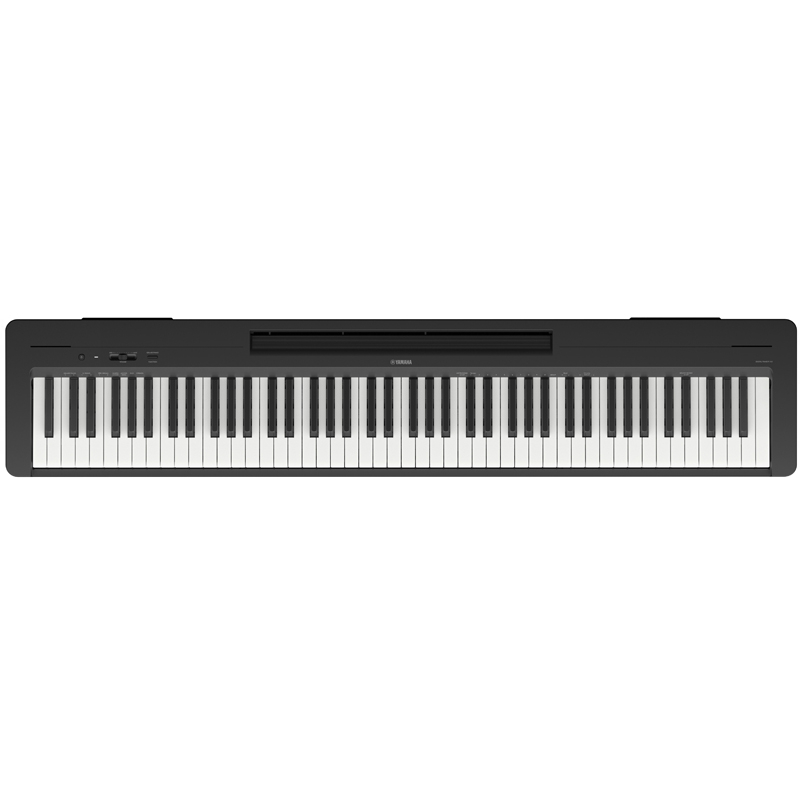
The Yamaha P-145 is the company's latest beginner-focused piano and it's easily one of the best digital pianos for beginners on the market. You get the reassurance of Yamaha’s fine musical pedigree (and experience in the world of Yamaha keyboards), combined with the brand’s top-notch sounds.
Need more piano related advice? The below articles are here to help
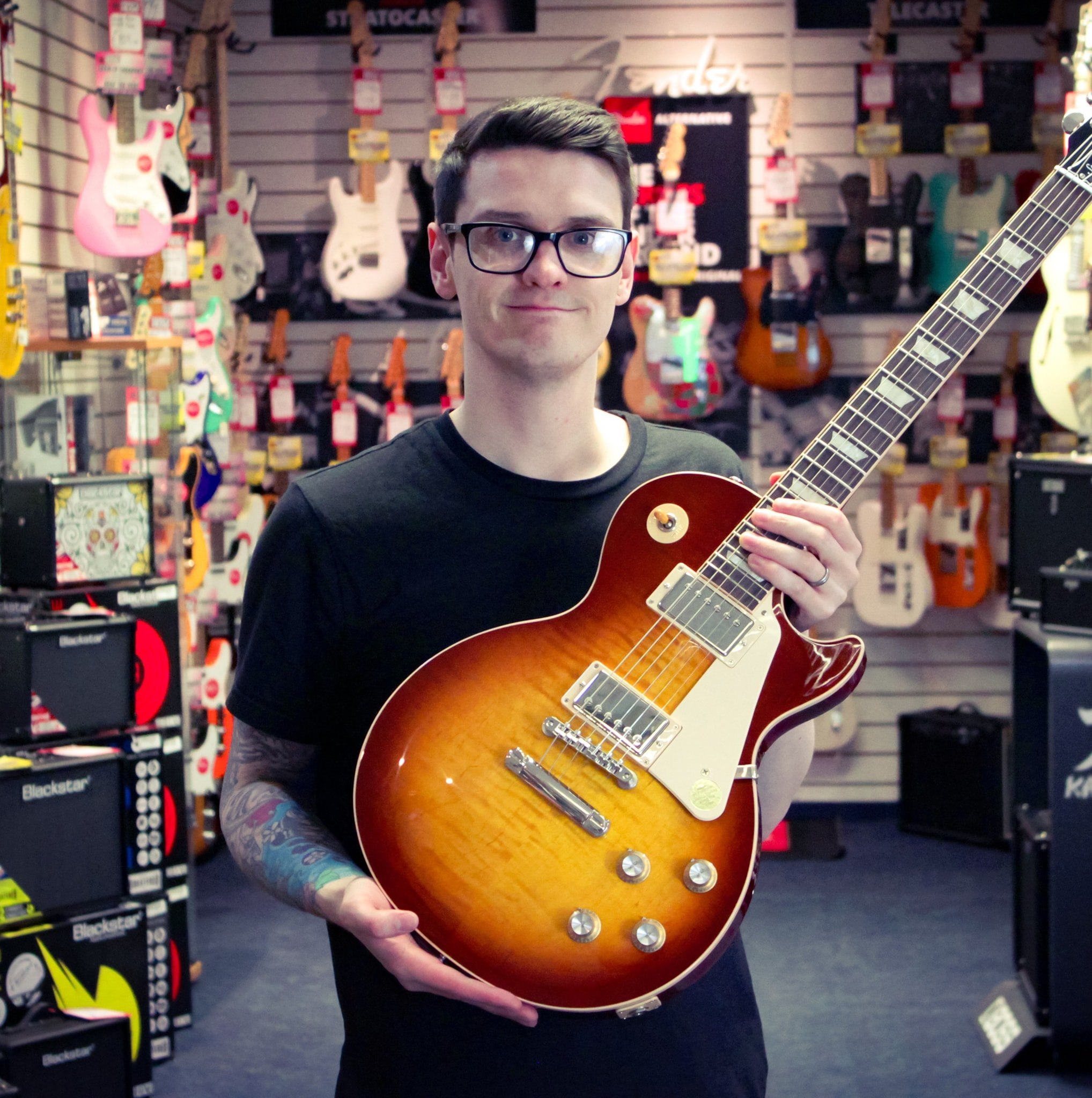
I'm a Senior Deals Writer at MusicRadar, and I'm responsible for writing and maintaining buyer's guides on the site. As part of my role, I also scour the internet for the best deals I can find on gear and get hands-on with the products for reviews. My gear reviews have been published in prominent publications, including Total Guitar, Guitarist, and Future Music, as well as Guitar World.com. I've also had the privilege of interviewing everyone from Slash to Yungblud, as well as members of Sum 41, Foo Fighters, The Offspring, and many more.
In a previous life, I worked in music retail, selling everything from digital pianos to electric guitars. I'm also a fully qualified sound engineer who holds a first-class Bachelor's degree in Creative Sound Production from the University of Abertay.